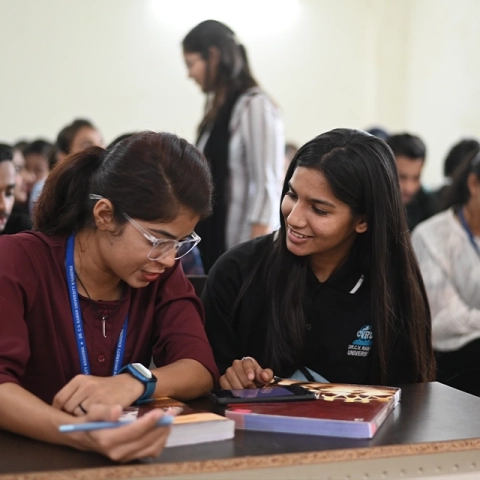The Bachelor of Arts in Economics is a three-year undergraduate program that provides students with a strong foundation in economic theory, policy, and applied quantitative techniques. The program explores the functioning of economies at micro and macro levels, focusing on the allocation of resources, production, distribution, and consumption. It also integrates aspects of finance, statistics, public policy, and international trade, helping students understand real-world economic issues and solutions.
Duration of programme
Level of Study

Microeconomics
Indian Economy
Public Finance
Development Economics
10+2 Pass
Minimum 45% Marks